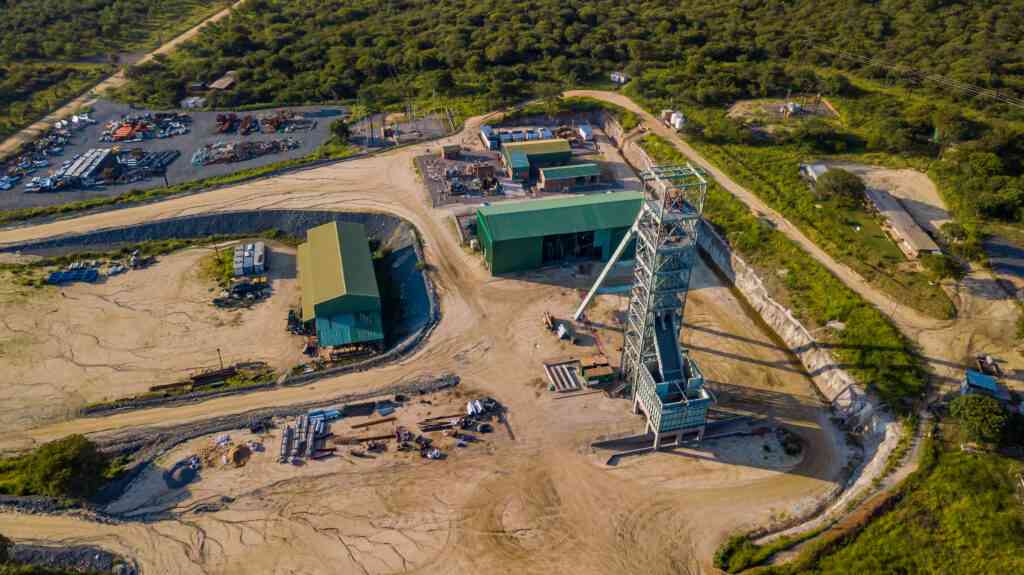
BY TATIRA ZWINOIRA
ZIMBABWE Investment and Development Agency (Zida) CEO Douglas Munatsi says he is worried about government’s failure to protect investors.
Investor protection has been a thorny issue in Zimbabwe since the country carried out controversial land reforms in 2000, when scores of individual white farmers and multinationals were forced to leave farms without compensation.
The country scared off more investors when in 2008, it enacted the Indigenisation and Economic Empowerment Act, which gave domestic investors rights to takeover 51% shareholding in foreign firms without paying for the stakes.
But after President Emmerson Mnangagwa’s administration came to power in November 2017, it immediately scrapped the policy as part of a strategy to attract foreign direct investment (FDI).
However, through several actions in the past two years, government has haunted investors including those operating in the mining sector, with implications on FDI inflows.
While outlining several hurdles affecting FDI inflows to an Institute of Chartered Accountants of Zimbabwe (ICAZ) Winter School last week, Munatsi said protection of investors’ rights should be a top priority.
ICAZ represents of most Zimbabwe’s finance directors (FDs) and CEOs.
- Chamisa under fire over US$120K donation
- Mavhunga puts DeMbare into Chibuku quarterfinals
- Pension funds bet on Cabora Bassa oilfields
- Councils defy govt fire tender directive
Keep Reading
“In some areas we have done well and in other areas we have not done well,” Munatsi told the conference.
“There are still very significant challenges in paying taxes, enforcing contracts and getting electricity connected, and obviously protecting investor rights.
“There are still perceptions and realities that suggest we are not doing as well as we should (in protecting investors).
“But these are areas we are all focusing on.”
In a paper titled, The Role of Property Rights in Investment Promotion released in 2009, former Reserve Bank of Zimbabwe governor Gideon Gono said one of the main drivers of investment was a sound and clear policy on property rights.
He said property rights is a major attraction in promoting private sector investment, which is the engine for economic growth.
The latest example of lack of will to protect investors came last year when government suspended trading in three fungible counters on the Zimbabwe Stock Exchange (ZSE) and asked them to shift to the Victoria Falls Stock Exchange (VFEX).
In a commentary to the ZSE’s financial statements for the year ended December 31, 2020 released last week, ZSE CEO Justin Bgoni said the bourse had struggled to convince two of the affected counters to listing in Victoria Falls.
“Given the one-month trading suspension we encountered during the year, it became clear the need to develop other non-trading revenue sources for the business,” Bgoni said.
“As inflation soared in June 2020, the market was closed from 26 June 2020 and was reopened on 3 August 2020.
“This resulted in the suspension of dual-listed counters, namely Old Mutual Plc, PPC Limited and Seedco International Limited. Fungibility of the shares remains suspended.
“ZSE had a successful engagement with Seedco International Limited and migrated its listing to Victoria Falls Stock Exchange.
“Old Mutual Plc and PPC Limited remain suspended and continuous engagement to have them transfer their listing to VFEX is still in progress.”
Munatsi said efficiencies in approving proposals for investment must also be addressed.
“If you come to Zida, we should be able to register your company within 24 hours because we do have staff from the Registrar of Companies,” he said.
“But if you go as a normal person who wants to start your own business and you do not have to go to Zida and so forth, it can take you anywhere between a couple of days to a couple of weeks.
“So, these are issues that we absolutely have to resolve.”











